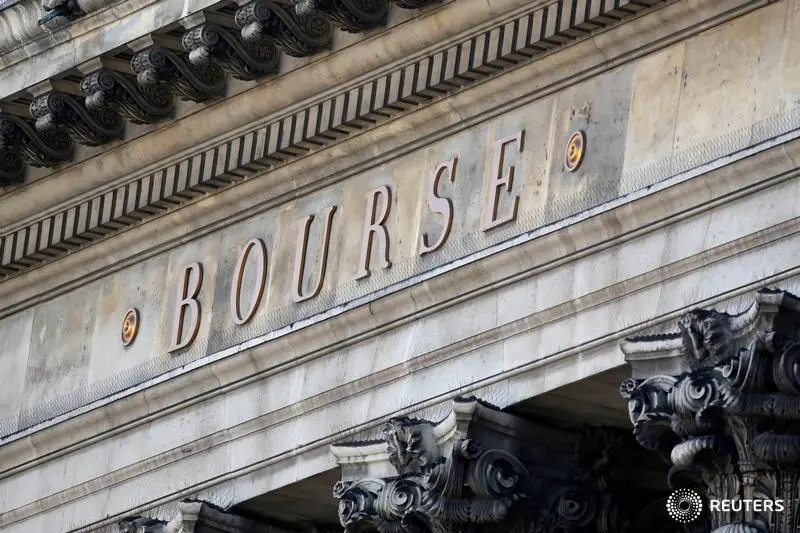PHOTO
LONDON- The European Union has agreed on "quick fix" changes to its securities rules to help the economy recover from COVID-19, the bloc's financial services chief said on Wednesday.
The aim is to make it easier and faster for companies that need to use markets to top up capital eroded by economic fallout from the pandemic.
EU member states and representatives from the European Parliament reached agreement on proposals made by the European Commission in July to amend the "MiFID II" securities rules for trading and investments.
"The changes remove requirements that were overly burdensome, without reducing the overall protection of retail investors, and will increase our global competitiveness on commodity derivatives markets," EU financial services commissioner Mairead McGuinness said in a statement.
The package simplifies information a company has to provide to professional clients.
"Information will no longer be provided on paper, except if retail clients specifically request so," the European Commission said.
Rules on paying for research on small and medium sized companies and on bonds will be partially eased.
A reform of "position limit" rules to stop a counterparty from having undue influence in a commodity market, will promote a European market for euro-denominated energy and other nascent non-agricultural commodity derivatives, the EU executive said.
The departure of Britain is prompting the bloc to deepen its own stock, bond and derivatives markets and end reliance on the City of London.
Markus Ferber, the German lawmaker who led negotiations for the European Parliament, said the quick fix will get rid of red tape for investment firms.
"In the long run, making it easier to trade euro-denominated energy derivatives will also strengthen the international role of the euro," Ferber said.
The changes are expected to come into effect around early 2022.
(Reporting by Huw Jones; Editing by Edmund Blair and Alexandra Hudson) ((huw.jones@thomsonreuters.com; +44 207 542 3326; Reuters Messaging: huw.jones.thomsonreuters.com@reuters.net))





















